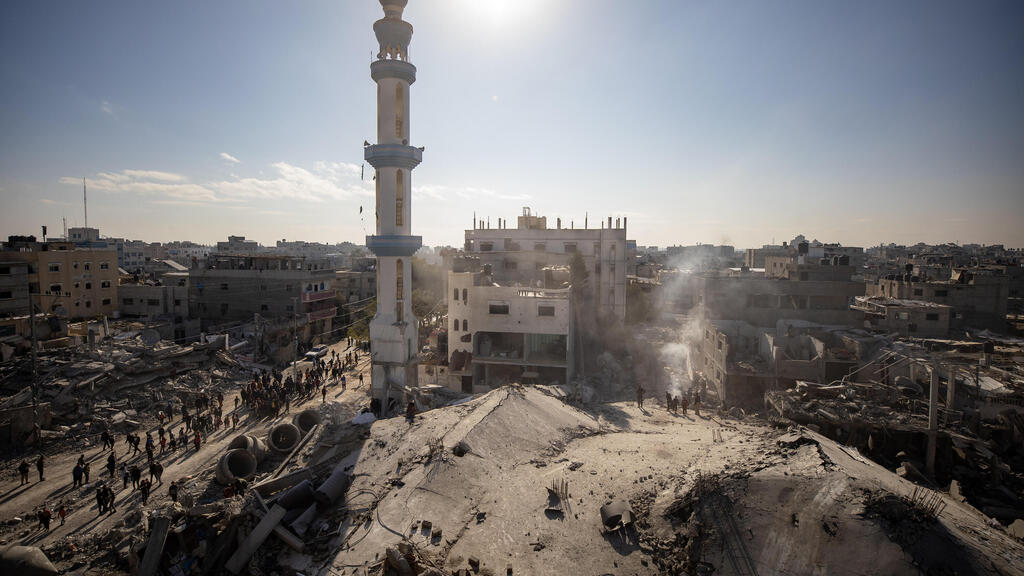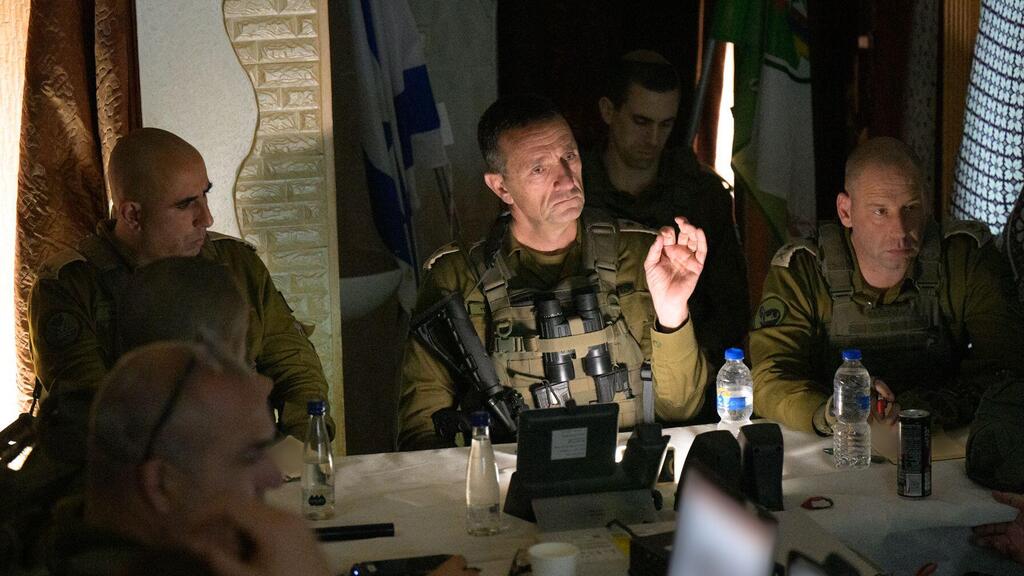Getting your Trinity Audio player ready...
Israeli officials believe the war against Hamas cannot end without an offensive on Rafah which is the lifeline for Hamas's supply of advanced weapons. On Saturday, Prime Minister Benjamin Netanyahu said he would summon the cabinet to approve operational plans for the Strip's southern most city, including evacuating civilians, in order to avoid increased tensions with Egypt, the plans to eliminate the four remaining Hamas battalions would be presented to the Egyptians in Cairo.
Read more:
Jerusalem would also have to coordinate with Cairo, how to deal with the underground barrier Israel would like to build on the Gaza-Egypt border to prevent smuggling of arms in the future. All of this comes after threats of severe repercussions to bilateral relations that included suspension of the years-long peace agreement.
A senior Egyptian official warned on Saturday of the prolonged war in Gaza during the Muslim holy month of Ramada. He said his government warned the Israelis that an offensive on Gaza during the holiday would result in a crisis that would effect not only Israel but the entire region, that is already threatening to explode.
Amid progress in negotiations to bring about a release of hostages and a pause in the fighting, the offensive on Rafah may be postponed but officials in the military as well as in the political leadership agree that one must be launched. In the meantime, the war continues to exact a heavy price. On Sunday, the IDF announced the death of Staff sergeant Narya Belete in the fighting. Three others were badly hurt.
Chief of Staff Herzi Halevi was in Gaza on Saturday to convene with commanders and told them that the military pressure on Hamas was effective in promoting a deal. "We are negotiating for the release of the hostages," he said. "I cannot say how this will end. We are fighting the war. I want you to know one thing. The fighting and negotiations are linked."
He said the achievements of the fighting forces including the dismantling of Hamas brigades, destruction of underground infrastructure, neighborhoods cleared, and civilians moved out of danger are all elements he hoped contribute to the release of hostages. "This is the objective of the war," he said. "We intend to do much more to achieve it and the fighting effort is the most effective means to assist the negotiating process. This is our leverage on Hamas."
In the north, and in direct relations to the war in Gaza, The IDF is continuing to target Hezbollah leaders. The commander of the Maroun El Ras region died from wounds sustained in an Israeli attack. IDF planes also targeted the Iran-backed group's elite Radwan force and the terror infrastructure in southern Lebanon.
The question now is whether Hezbollah leader Hassan Nasrallah will halt his fire if a cease-fire comes into effect in Gaza, what the Israeli response would be and if that would be enough for residents of the northern border region to return home with a sense of security. At the moment Israel is interested in an agreement that would move Hezbollah away from the border and not just a cease-fire, so negotiations are expected to continue on that matter as well.



